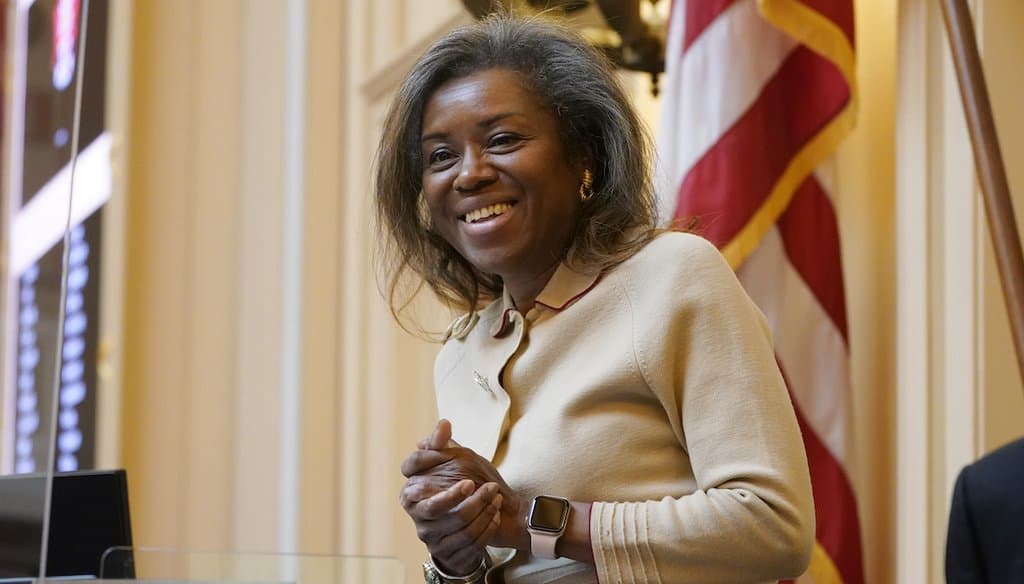Wesley Yang Demands Clarity from Lt. Gov. Sears' Opponent in Virginia Political Discourse

Prominent essayist and critic Wesley Yang, known for his commentary on culture and politics, has publicly pressed for transparency from the opponent of Virginia Lieutenant Governor Winsome Sears. In a tweet dated August 24, 2025, Yang stated, "It doesn't matter who I am. I am the person posed the relevant question. And the manner in which I posed it is the very essence of good faith. Winsome Sears provided her answer to the question. What is her opponent's?" The post underscores a growing call for clear policy positions from all candidates in political debates.
Winsome Earle-Sears currently serves as the 42nd Lieutenant Governor of Virginia, a position she has held since 2022. As the first woman, first Jamaican-American, and first woman of color to hold the office, Sears previously represented the 90th district in the Virginia House of Delegates from 2002 to 2004. Her political career has often involved direct engagement on key policy issues.
Wesley Yang, a contributing editor at Tablet Magazine, is recognized for his incisive essays and critical analyses, frequently delving into complex topics of identity, culture, and political discourse. His public commentary often seeks to challenge conventional narratives and demand accountability in public life.
Yang's tweet highlights a critical aspect of contemporary political engagement: the expectation for candidates to clearly articulate their stances on important issues. By emphasizing the "good faith" nature of the question posed to Lieutenant Governor Sears, Yang implies a standard for public debate that requires direct and honest responses from all parties involved.
The demand for the opponent's answer, as articulated by Yang, signals a desire among some political observers for a more substantive and transparent exchange of ideas. This call for clarity from political figures is becoming increasingly central to public discourse, especially as elections approach and voters seek comprehensive understanding of candidates' platforms.